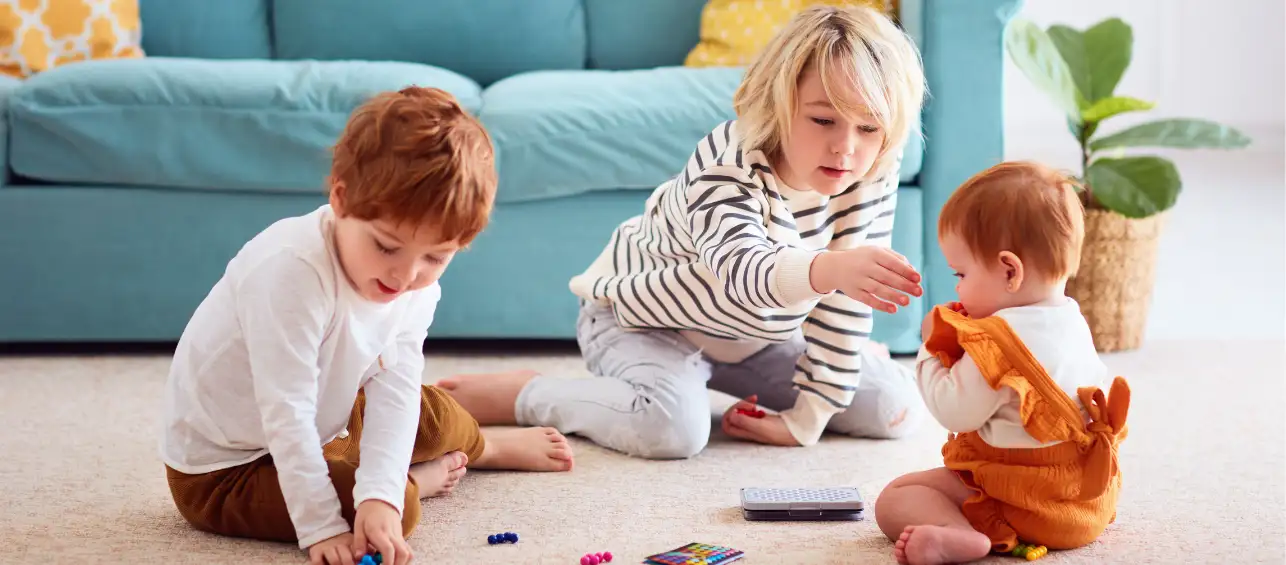Understanding Edible Mushroom Products
Edible mushroom products, often marketed as candy like chocolate bars, gummies, or snacks, are available in retail shops, online stores, smoke/vape shops, and even gas stations or convenience stores.
Claims have been made that edible mushroom products can be beneficial for treating mental health issues. However, these products are not regulated, so their contents and safety are questionable.
Here’s what parents need to know:
What’s in Edible Mushroom Products?
- It’s important to note mushroom products are not FDA-approved and may contain unspecified and unknown ingredients or contaminants.
- Some mushroom products list psilocybin or muscimol on the list of ingredients.
- Psilocybin: Found in certain types of mushrooms, commonly known as “magic mushrooms,” psilocybin is a naturally occurring hallucinogenic chemical.
- Muscimol: Found in certain species of Amanita mushrooms, known as “Fly Agaric,” muscimol also has hallucinogenic effects.
- Both psilocybin and muscimol have been used in religious rituals and recreationally for their mind-altering effects.
Effects and Risks of Hallucinogenic Mushrooms
Psilocybin:
- May cause confusion, dizziness, nausea, vomiting, and increased heart rate and blood pressure.
- Can lead to distortions of space and time, impaired judgment, and perception.
- In larger doses, it can cause seizures, kidney failure, panic reactions, and acute psychosis.
Muscimol:
- In low doses, may cause drowsiness and confusion.
- In higher doses, can cause serious symptoms like seizures and coma.
What Is Microdosing?
Microdosing involves taking small amounts of psychedelics, such as mushrooms or LSD, to gain health benefits without intoxicating effects. Users claim it improves mood, cognitive function, creativity, and problem-solving skills, and may help with mental health disorders. However, research on its safety and effectiveness is limited, and unpredictable effects can range from mild euphoria to severe hallucinations.
Talking to Your Kids About Edible Mushroom Products
Conversation Starters with Older Kids
- Stay calm and prepare for the conversation.
- Focus on your child’s health and well-being, not on bad behaviors or punishments.
- Avoid judgment and consider granting your child “immunity” to encourage honesty.
- Ask open-ended questions to encourage more conversation.
- Reassure your child of your support and that they can confide in you.
- If your child is using substances, ask why to understand their motivations and needs.
- Set clear expectations about behavior and communicate these to your child.
Safety Tips for Younger Children
- Teach children never to accept candy or snacks that are not in the original packaging.
- Verify the labels of candy and snacks to ensure their safety whenever possible.
- Keep all edible products out of sight and reach of children or in a locked cabinet.
If you suspect your child has ingested a mushroom product, call the Drug and Poison Information Center at 1-800-222-1222 for free, confidential advice 24/7.





